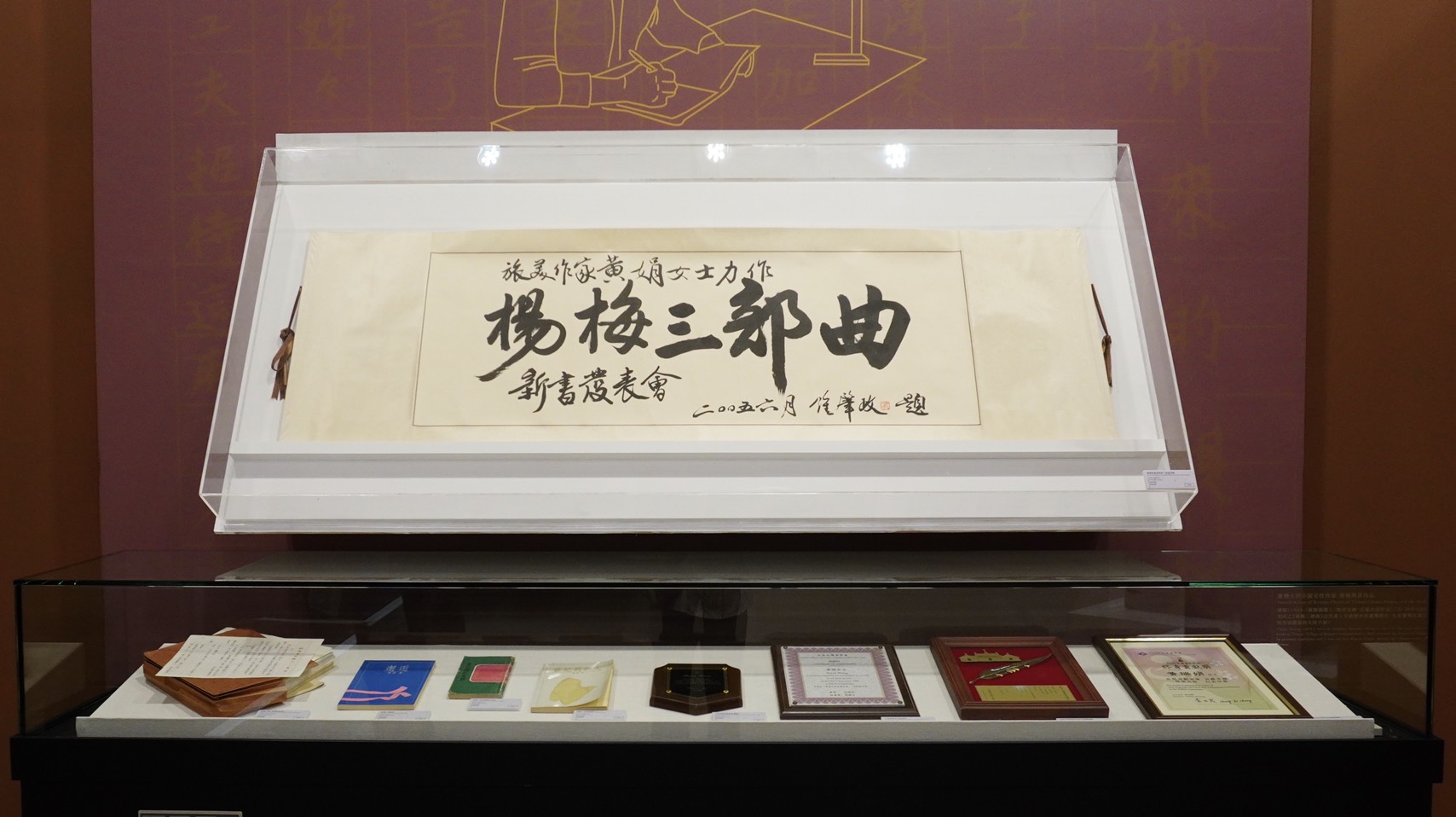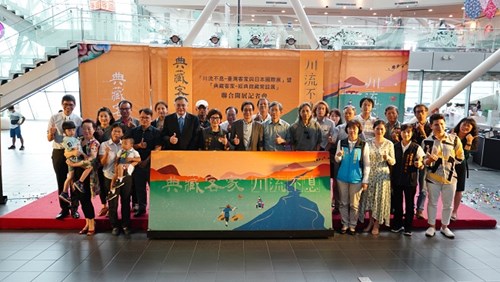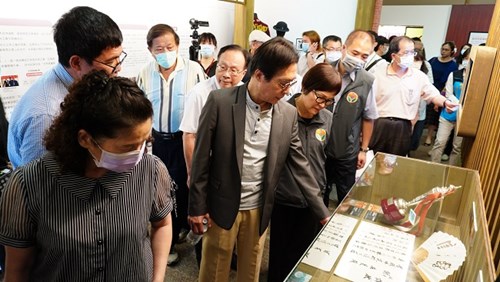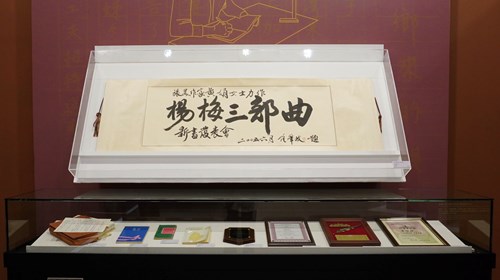
News
【Announcement】Hakka exhibitions on era of Japanese rule, permanent collection kick off in Miaoli
- Source:客家文化發展中心
- Publication Date:2020/08/13
- Last updated:2020/12/14
- Count Views:2102
In collaboration with Taiwan Hakka Museum, Taiwan Hakka Culture Development Center (THCDC) held a joint press conference on Aug. 12 to announce the opening of “A Never Ending Stream: Taiwanese Hakka and Japan International Exhibition (川流不息–臺灣客家與日本國際展)” and a Hakka permanent collection exhibition in Miaoli County.
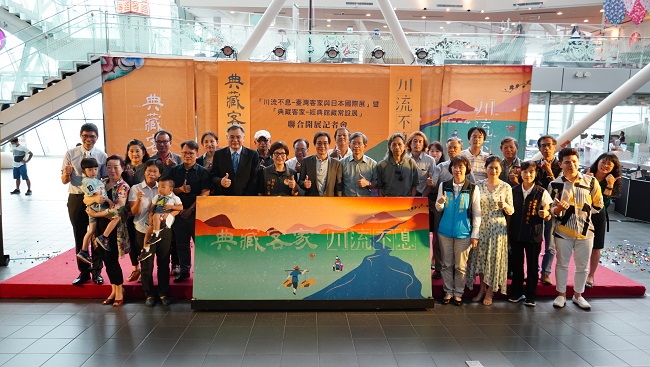
At the press conference, Hakka Affairs Council (HAC) Deputy Minister Chung Kung-Chao (鍾孔炤) said that the two exhibitions have marked THCDC’s significant milestones in promoting global Hakka studies and preserving the museum’s collections.
THCDC Director-General Ho Chin-liang (何金樑) noted that Taiwan Hakka Museum has invested quite a lot in preserving cultural assets associated with Taiwanese and global Hakka communities, adding that it will continue to seek opportunities for international cooperation in the future. Apart from physical collections, the museum has also constructed a Hakka database that includes audio materials.
The exhibition about the history of Taiwanese Hakkas in the era of Japanese rule is an important result of cultural exchange among THCDC, College of Hakka Studies of National Chiao Tung University, and National Museum of Ethnology in Japan, displaying archives of Hakka music, literature, and sports in Taiwan during Japanese colonization of 1895-1945 to give a glimpse of the historical development of Hakka settlements on the island.
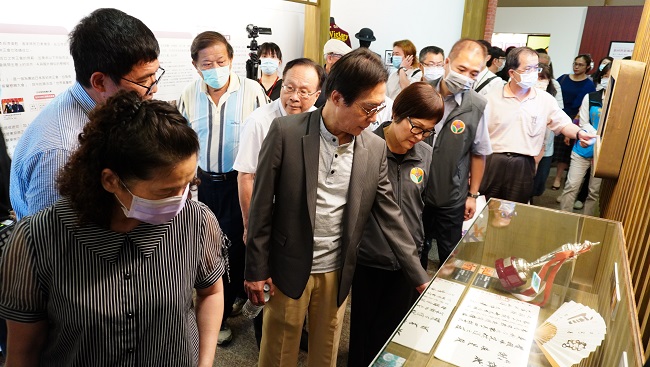
The permanent exhibition has showcased numerous collected objects since 2016, including literary possessions of Hakka novelist Huang Juan (黃娟) and late Hakka poet Zhan Bing (詹冰), a calligraphic work by Hakka doyen Chung Chao-cheng (鍾肇政), and vintage copies of the Chinese Daily News (中華日報) from Mauritius’s Hakka community.
Through these cultural antiques, people can view the threads of Hakka history and explore the local tales as well as feel the selfless devotion of the item donors to the preservation of Hakka culture.
